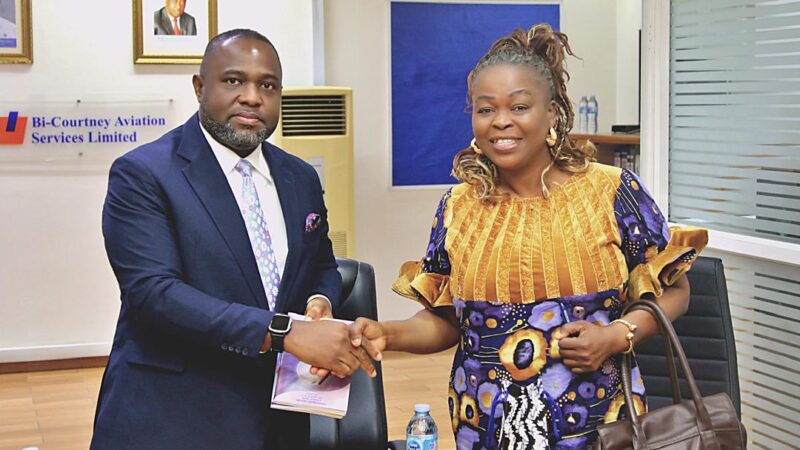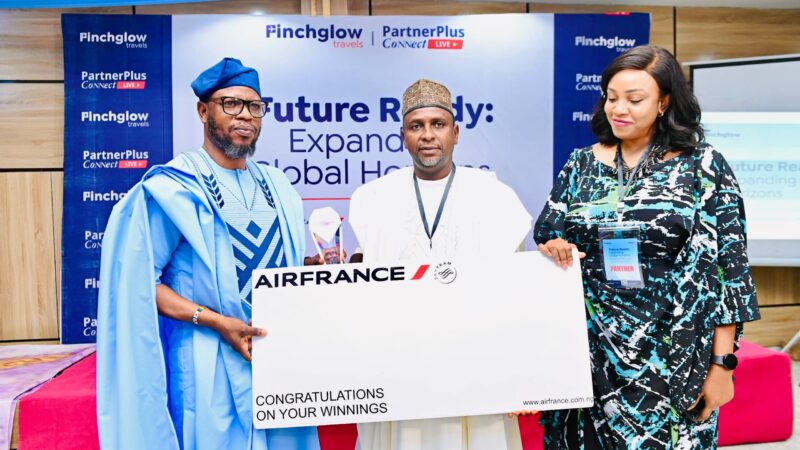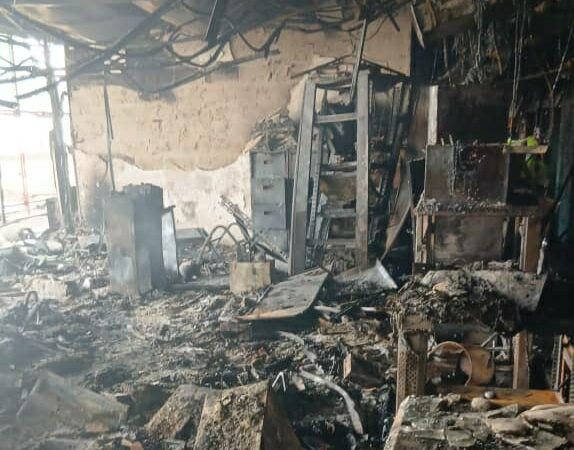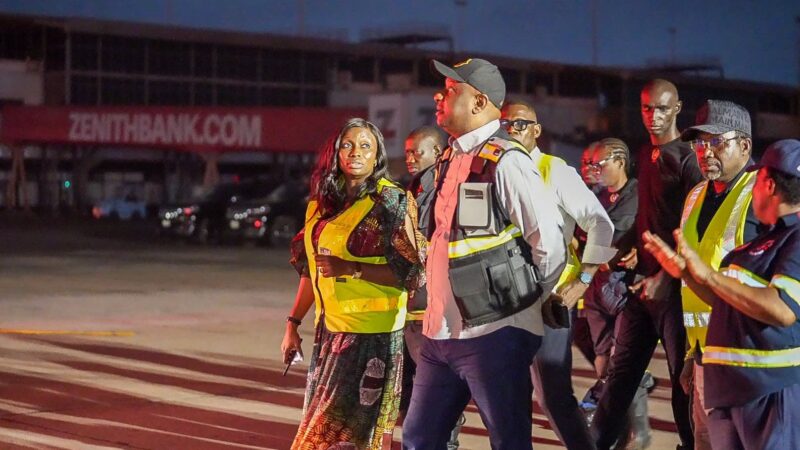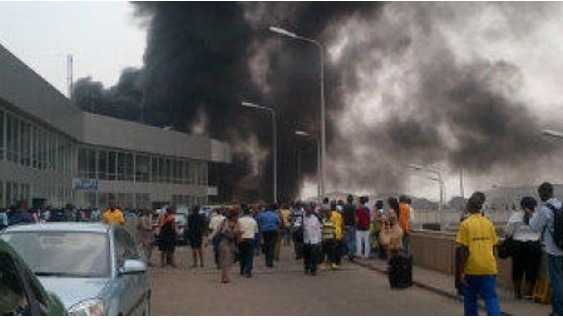Neutrality, Cultural Sensitivity Vital for Delegated Accident Investigations – BAGAIA’s São Tomé Case Study
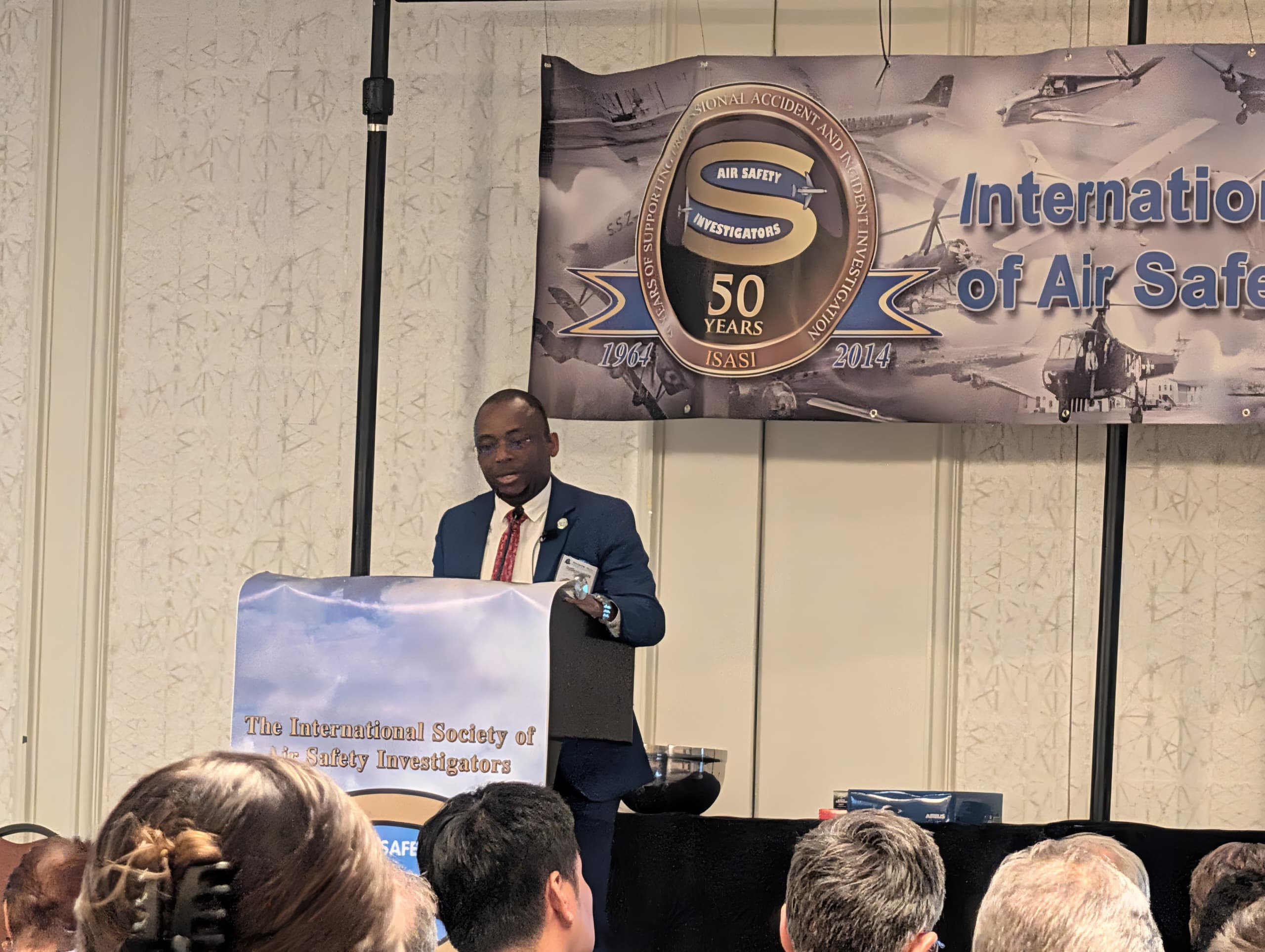
Commissioner of the Banjul Accord Group Accident Investigation Agency (BAGAIA), Engineer Charles Irikefe Erhueh, has shared critical lessons learned from the landmark 2017 CAVOK Airlines crash investigation in São Tomé, underscoring the importance of cooperation, cultural sensitivity, and professionalism in delegated air accident inquiries.
Delivering a paper at the International Society of Air Safety Investigators (ISASI) 2025 conference in Denver, Colorado, titled Delegated Accident Investigation by São Tomé to BAGAIA and the Lessons Learned, Engineer Erhueh explained how São Tomé, lacking the resources to conduct a full-scale investigation, formally delegated the process to BAGAIA under International Civil Aviation Organization (ICAO) Annex 13 provisions.
“Annex 13 allows a State of Occurrence to delegate an investigation either wholly or partially to another State or to a Regional Accident Investigation Organisation (RAIO) by mutual arrangement,” he said, noting that such measures guarantee independence and efficiency in cases where local technical capacity is limited.
The case under review involved a CAVOK Airlines Antonov AN-74TK-100 aircraft, flight CVK 7087, which crashed on 29 July 2017 during take-off from São Tomé International Airport. Recognising its limitations, the São Toméan civil aviation authority wrote to BAGAIA requesting full delegation of the inquiry.
BAGAIA, coordinating with both member and non-member states, assigned the Nigeria Accident Investigation Bureau (now the Nigerian Safety Investigation Bureau, NSIB) to lead the probe. Ukraine, as the State of Registry and Operator, also participated through its National Bureau for Aviation Occurrences, while São Tomé’s Instituto Nacional de Aviação Civil (INAC) worked alongside the team.
Engineer Erhueh described this as one of the earliest and most practical demonstrations of BAGAIA’s role as a regional agency, in line with ICAO Doc. 9946.
The investigation identified that the accident was caused by a rejected take-off above decision speed (V1) following bird activity on the runway – an action inconsistent with the airline’s Standard Operating Procedures.
Despite challenges such as translation delays, scheduling conflicts, and limited on-site time, the inquiry delivered 23 findings and nine safety recommendations. Six were directed to São Tomé’s aviation regulator, two to CAVOK Airlines, and one to Ukraine’s Civil Aviation Authority. These covered runway wildlife management, regulatory oversight, and airline operational practices.
Reflecting on the experience, Engineer Erhueh emphasised that multinational accident probes demand patience, teamwork, and respect for cultural differences.
He warned that poor communication could derail complex inquiries and stressed that neutrality is crucial when mediating conflicting claims.
During the São Tomé case, while some parties disputed a bird strike, others insisted it was central to the accident. “Working together, respecting cultures, and maintaining professionalism are not just ideals but necessities in delegated investigations,” he said.
Since the São Tomé investigation, BAGAIA has reinforced its institutional framework. Its headquarters was formally established in Praia, Cape Verde, in 2019, followed by the appointment of a resident Commissioner and the adoption of its own Safety Investigation Regulations in 2021. A comprehensive Policies and Procedures Manual was finalised in 2022.
The agency has also developed a regional pool of investigators, ensuring quicker mobilisation and resource-sharing across its seven member states: Cape Verde, Gambia, Ghana, Guinea, Liberia, Nigeria, and Sierra Leone.
Earlier in 2025, the Banjul Accord Group Council of Ministers approved amendments to the BAGAIA Agreement, presented at the 18th BAG Plenary in Abuja. The revisions strengthen the agency’s mandate and reinforce its independence in accident investigation.
Concluding his presentation, Engineer Erhueh said São Tomé’s decision to delegate the CAVOK Airlines investigation demonstrated how smaller states can depend on regional structures for credible and independent safety inquiries.
“The São Tomé accident validated the RAIO concept,” he said. “It showed that when states work together under ICAO provisions, safety investigations can be conducted to the highest standards, regardless of a nation’s size or capacity.”
At the Denver conference, other papers included Investigating Uncrewed Vehicles: The Continuum and What to Consider by Jay Graser of Concept Solutions, and Trust-Centred Investigations: Integrating Human Factors and Behavioural Science with AI in Aviation by Brian Huh of USC.
Engineer Erhueh was honoured with a Certificate of Appreciation for his contribution at the event.



